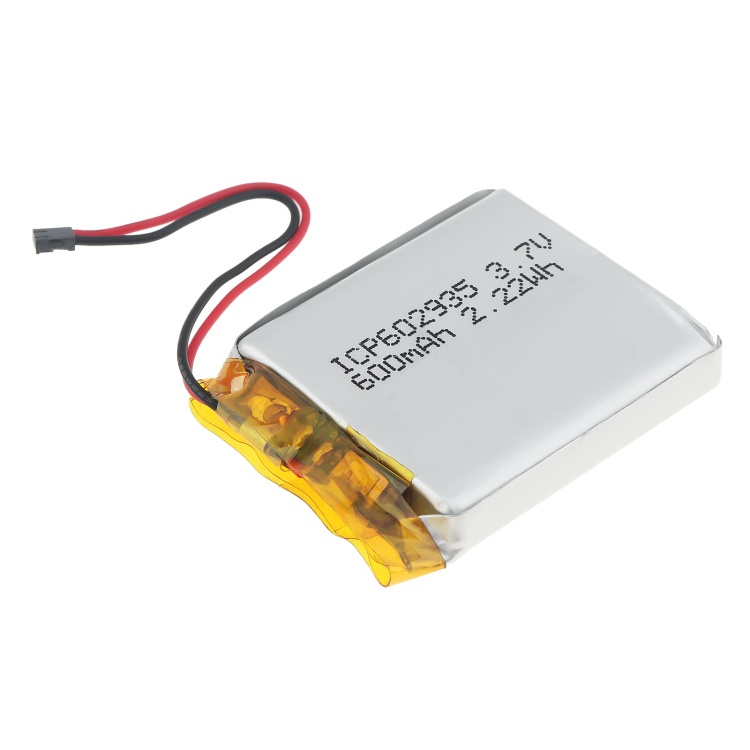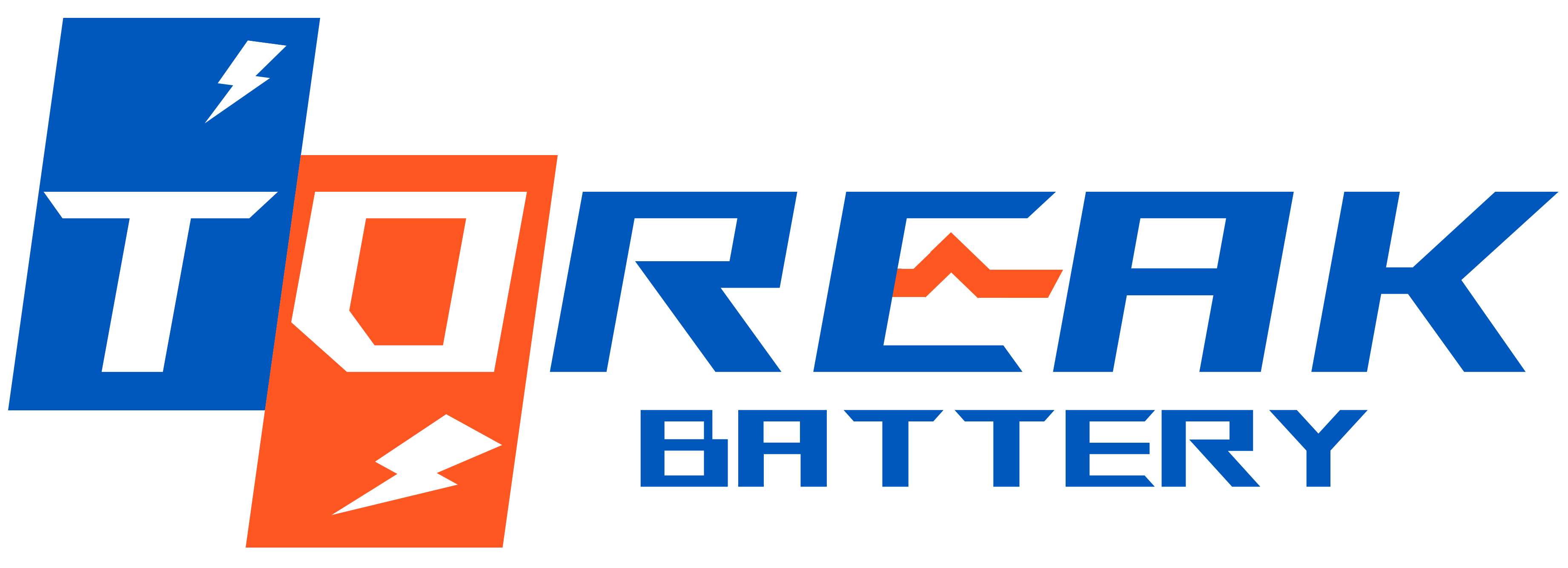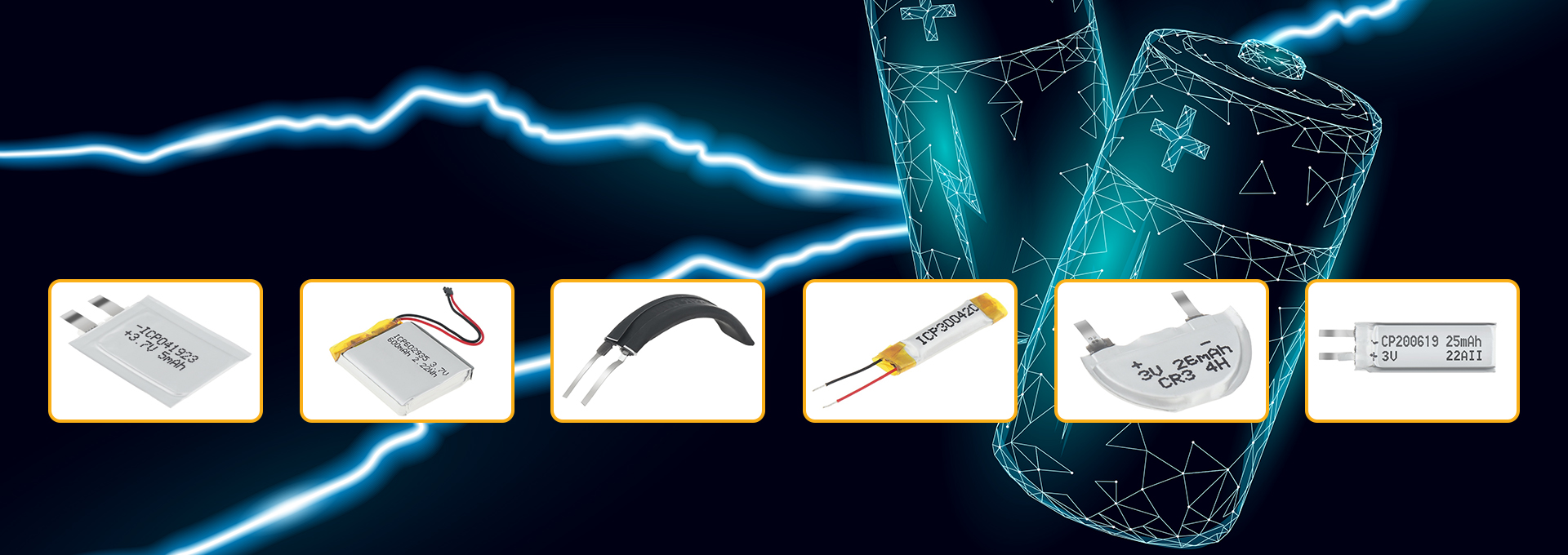
Application scenarios:
Consumer electronics:Smartphone
Smart Sensors:Temperature sensor, humidity sensor, smoke sensor
Advantages:
1.High energy density: Under the same volume or weight, it can store and release
more electrical energy, thus providing longer power support for the device, reducing
the number of charging times, and improving the convenience and continuity of the device.
For example, some new ultra-thin lithium-ion batteries have significantly improved their energy
density compared to traditional batteries, and can achieve the same or even higher power storage
as traditional batteries in a thinner size.
2.Ultra-thin design: With extremely small thickness, it can better adapt to the internal space of
various small and thin electronic devices, which helps to achieve the miniaturization and lightweight
design of the device and improve the portability and aesthetics of the device. For example,
wearable devices such as smart watches and Bluetooth headsets can have a longer battery
life while maintaining a small appearance due to the use of ultra-thin batteries.
3.Rechargeable characteristics: Compared with disposable batteries, rechargeable batteries are
more economical and environmentally friendly. Users can charge and use the battery multiple times,
which reduces the cost of use and also reduces the pollution of waste batteries to the environment
4.Good customization: It can be customized according to the specific requirements of different devices,
including battery size, shape, capacity, voltage and other parameters, and can provide personalized
power solutions for various special application scenarios to meet the diverse needs of different equipment manufacturers

